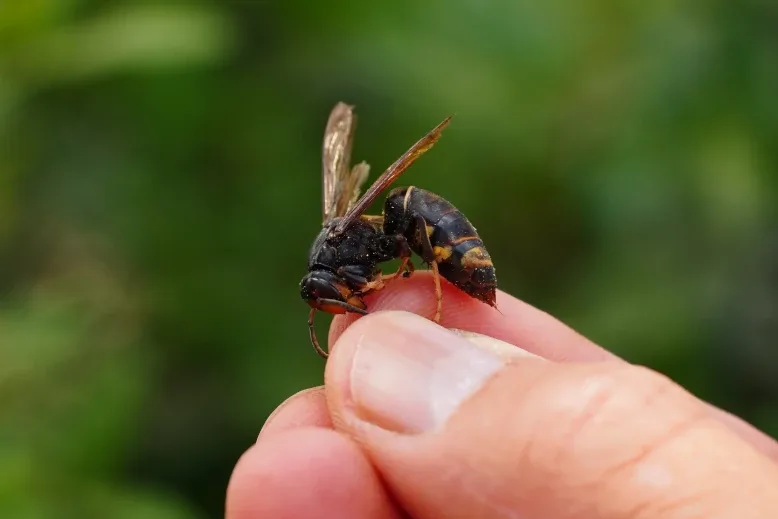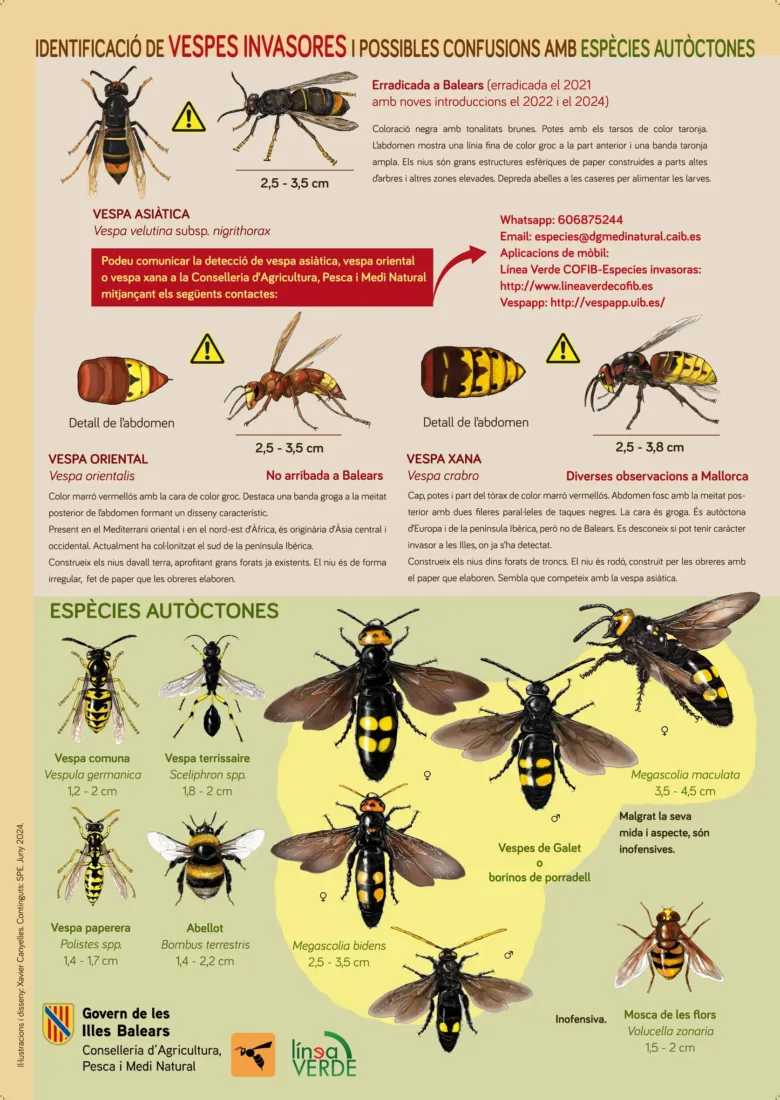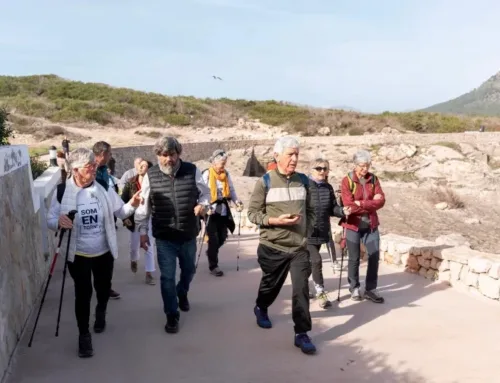The Department of Agriculture, Fisheries and Natural Environment has started a new campaign to control the Asian hornet (Vespa velutina) in Majorca, with the goal of stopping its expansion and eradicating this invasive species. Through the Species Protection Service of the Directorate General for Natural Environment and Forest Management, a thousand traps will be installed in Palma, Calvià, and municipalities in the Serra de Tramuntana where 21 nests were detected last year after having been eradicated in 2021.

The Asian hornet puts native species at risk due to its reproductive capacity. Photo: CAIB.
The councillor Joan Simonet has emphasised the importance of this initiative and announced an investment of €28,000 from the Next Generation EU funds to strengthen fieldwork in March, April, and May. “It is urgent to act intensively on the territory by placing traps during this spring in areas affected by the species last year, as well as in the surroundings of these areas as a preventive measure,” he pointed out.
For her part, the General Director of Natural Environment and Forest Management, Anna Torres, explained that “the aim is to capture the possible queens that may have hibernated (from the secondary nests not detected last year) and prevent them from starting to build the primary nest. This will cut or disrupt the natural cycle of the hornet.”
Call for Citizen Collaboration
The Asian hornet, first detected in Majorca in 2015, poses a threat to beekeeping, as it preys on bees and other native pollinating insects. However, the Government reminds that this species is not more aggressive than native hornets, although people with allergies should exercise caution.
The Government has requested the collaboration of the public to detect the presence of this exotic hornet. In case of spotting it, one should inform the Species Protection Service (especies@dgmedinatural.caib.es), the COFIB Green Line (lineaverdecofib.es) or through the Invasapp mobile app (invasapp.uib.es). To avoid confusion with native species, a downloadable infographic has been made available to the public on the Species Protection Service website (especies.caib.es).
This monitoring and surveillance programme is possible thanks to the involvement of COFIB, technical advice from the University of the Balearic Islands (UIB), and the collaboration of beekeepers and environmental agents.








Leave A Comment